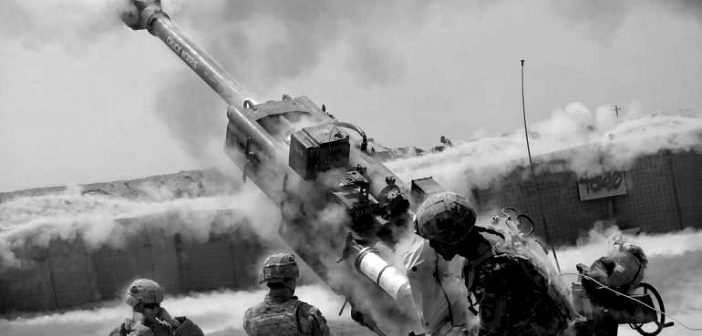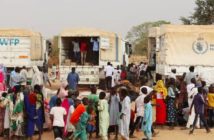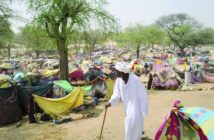Mosul is one of the largest cities in Iraq and it is located 400 kilometres to the north of the capital Baghdad. The city is divided into two banks by the Tigris River, with the original city being on the west bank of the river.
The city of Mosul is known for having a complicated society consisting of multiple religions and ethnicities. However, Islam and Christianity are the major religions and Arabic is the major language in the city. The Iraqi government lost control over the city on June 10th 2014 after the Islamic State gained control and pushed the Iraqi army out of the city. As a result, more than half of the population fled the city and lived in UN camps prepared for the displaced people. The politicians were throwing accusations at each other about who should take responsibility for the fall of the city.
Since 2003, Mosul was one of the Iraqi cities that stood against the American presence in the country. The U.S. Army patrols in the city used to be attacked everyday and many soldiers were either killed or badly wounded.
If we go back through time we can actually find out that this is not the first fall of the city to the hands of the insurgents since the U.S. invasion of the country in 2003. Around 2004-2005 the city of Mosul came under heavy attack by the insurgents and the Americans could no longer hold their position and they had to leave the city.
That time the insurgents who controlled the city were under the leadership of Al Zarqawi who was the leader of the Al Qaeda terrorist group in Iraq. However, their control over the city did not last more than few days, as the U.S. troops received reinforcements from other military bases around the country.
ISIS is now under the pressure of the liberation forces. These forces are the Iraqi Army, the Peshmerga and the Shia Militia. The forces are attacking the city from the North, the East and the South leaving the Western side open.
Many wonder why the Western side was left open? The easy answer will be that it is an exit door for the fleeing ISIS members towards Syria.
The war in Mosul is more a political war than a military war.
The city will fall sooner than anyone expected and everyone will celebrate it, but it is better to think about what will come after the liberation of the city… It may be even more dangerous than what the city has been through in the last two years under ISIS control!
Two adverse axes are now working against each other and move in the Iraq and Syria territory to draw their own future plan for the area.
The first axis is America-Turkey and the second one is Russia-Iran.
The former moves in through the Turkish Army and the Peshmerga. The latter moves in through the Shia’a Public Crowd which is lead by the Iranian general Sulaimani.
Iran is planning to connect to Syria and build the Shi’ite stripe through Iraq to Syria; but America is aware of it and trying to stop their plan…
In return the Peshmerga and the Shi’ite Public Crowd do not like each other and only a spark is needed for them to clash.
Imagine: all these parties with different interests will meet, face to face, in Mosul, just after the liberation…





